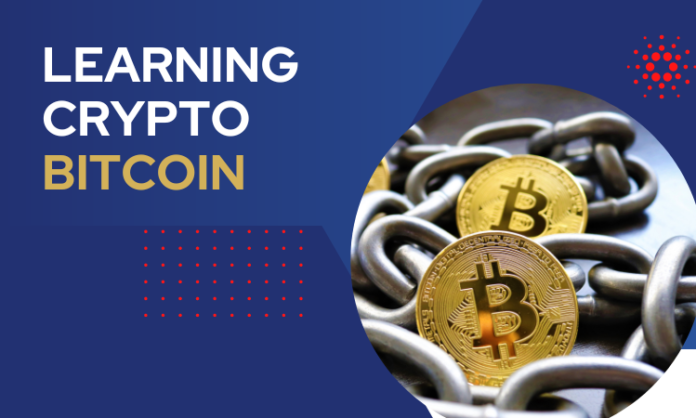
Bitcoin mining is the process by which new Bitcoin are created. Miners are rewarded with Bitcoin for verifying and committing transactions to the blockchain. Mining is essential to Bitcoin as it ensures fairness while keeping the network stable, safe, and secure.
The first step in mining is finding a suitable block header. This header contains a cryptographic hash of the previous block, as well as Merkle tree data linking it to the current block.
Miners then attempt to solve a proof-of-work problem for this block header. If they are successful, they add the new block to the blockchain and receive a reward in return.
Mining requires significant computing power; therefore, only large organizations or individuals can participate in bitcoin mining today. In order to ensure that everyone has an opportunity to mine.
However, rewards are halved every four years or so (the next reduction will take place in 2020). As more people begin mining bitcoins and adding blocks to the blockchain, it becomes increasingly difficult for individual miners to earn rewards .
Mining works by having miners solve a difficult mathematical problem. The first miner to solve the problem is rewarded with new Bitcoin, currently worth around $23,000 per coin.
This reward system helps ensure that new Bitcoin come into circulation at a controlled rate, rather than all at once or not at all. It also creates an incentive for miners to continue securing the network well into the future.
Related articles:
31 thousand crore stolen bitcoin recovered in USA
























